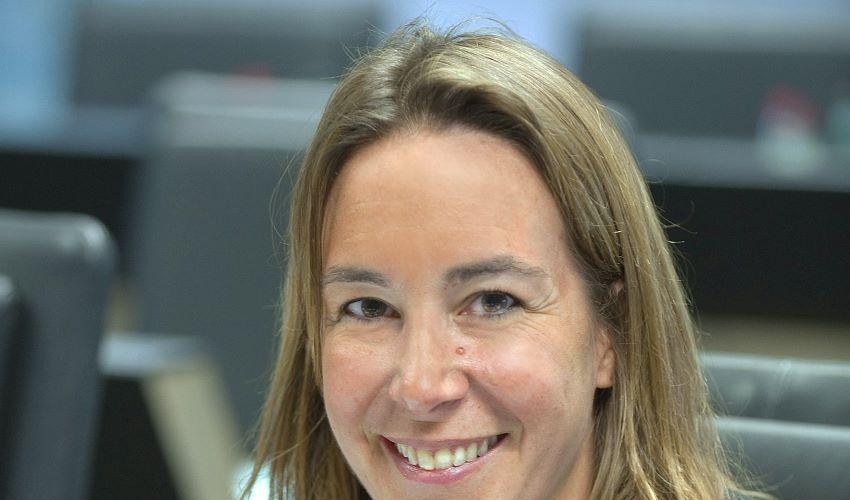
Europe Invests in Business Recovery
ALUMNA DEBORA REVOLTELLA, CHIEF ECONOMIST AT THE EUROPEAN INVESTMENT BANK, EXPLAINS THE TRAJECTORY OF THE STUDY CENTER SHE LEADS. IT IS COMPLEX WORK, ALSO AIMED AT SUPPORTING THE BANK'S OPERATIONSThe level of investment in Italy has exceeded the pre-Covid figure. The Peninsula has not been able to pick its recovery back up since the 2008 global financial crisis, according to Debora Revoltella, Chief Economist of the European Investment Bank (EIB) and Alumna of Bocconi University, graduating with a Bachelor in Political Economy (CLEP) and a Master in Economics. Two examples confirm the positive impact: the Industry 4.0 Plan – created to promote the digitalization and competitive strengthening of Italian manufacturing – and the Superbonus directed toward the real estate sector. "Investments are successful if they favor an overall improvement in the productivity and competitiveness of companies," explains Revoltella. "Understanding if and how this impact materializes is important, as in the cases of the Industry 4.0 Plan and Superbonus. During the analysis, the European Union’s complexity must be considered given, for example, the various national responses to Covid and subsequent energy crisis. Furthermore, it must be expected that – for reasons of public and fiscal spending – it is unlikely that these tools to support growth will last in the long term." Implementation is the key word: the implementation phase of investments is crucial to ensure their success, as in the case of the NRRP.
Revoltella has led the EIB's Economics Department for 12 years, which now has 50 economists on staff. From the outset, it has aimed to achieve a single objective along two parallel development tracks: to create added value for the EIB not only on the strategic and political-institutional front, but also as a support to the Bank’s operations. This approach has led to various publications by the Bank itself, including the annual Investment Report and a series of studies such as the one on the transformation taking place in European companies, exploring how to support them and how to remove obstacles. "Today we see two main challenges for businesses, both at the European and international level," says Revoltella. "The first is economic and digital evolution, while the second is ecological evolution. To grasp the real overall trend, the EIB also initiates collaborations with numerous actors ranging from researchers in individual countries to various institutions."
by Camillo Papini
Translated by Rosa Palmieri
